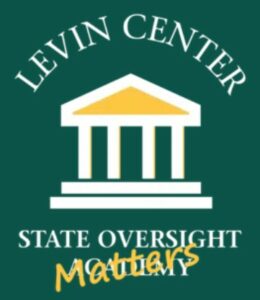
When they picture oversight, most people might imagine a hearing room with Oppenheimer-esque drama unfolding or a group of accountants with green visors and Dixon Ticonderoga #2 pencils poring over financial statements. Those are important parts of oversight (though most C-SPAN content never makes it to IMAX and most accountants prefer Excel), but oversight at its best is more holistic. In fact, good oversight belongs in every part of legislative work. This is particularly true in the world of casework and constituent service which, when it is done right, can be a critical part of any oversight operation.
Constituent casework is a familiar concept for anyone in a legislative office. It is a simple idea: a constituent contacts their elected official to get help with some government function and the elected official helps them resolve it – usually in tandem with a contact within the department in question. The scope of casework is as wide as the scope of government itself – at the state level, it can involve anything from pothole repair to tax questions to health insurance appeals. Casework is about as old as our system of government, too. Work from the Congressional Research Service points to diary entries from John Quincy Adams during his time in Congress, who noted that he assisted constituents with a date correction on a military pension certificate, as well as appointments to certain government positions. Representative James A. Garfield, later to become the president, intervened in the case of lost mail and a delayed patent extension (Petersen and Eckman 2021).


